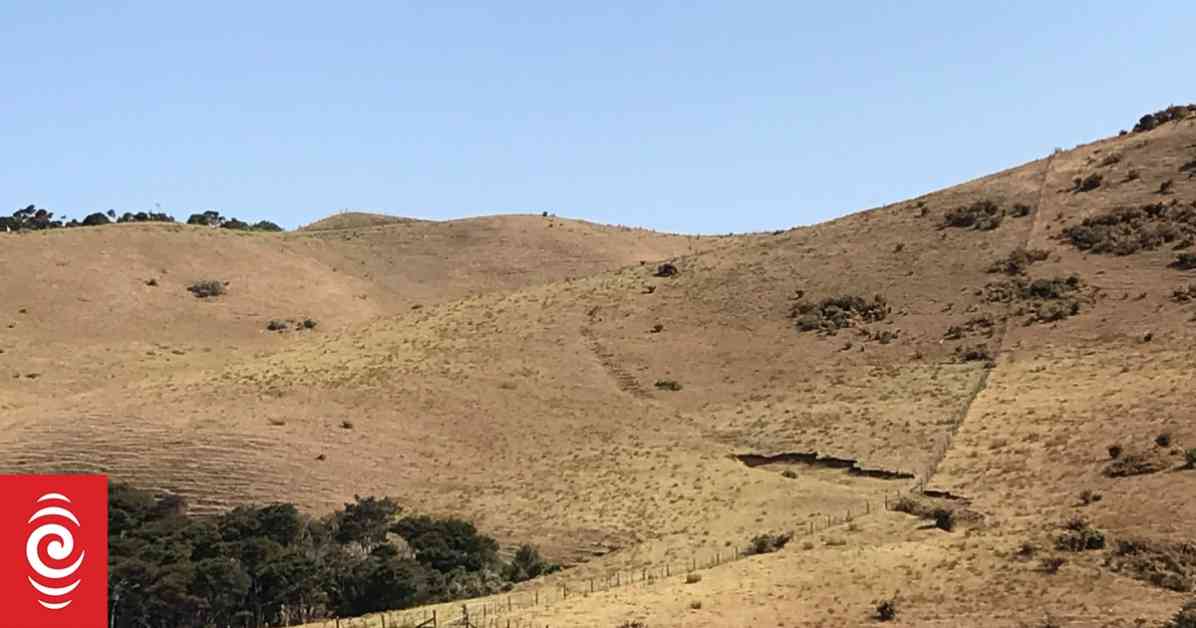Northland farmers are rejoicing over the recent government declaration of drought, which extends to various regions, including Waikato and Marlborough-Tasman. Agriculture Minister Todd McClay’s announcement has brought a sense of relief to many farmers facing dire conditions, especially on the west coast where water scarcity is a pressing issue. The declaration signifies the government’s acknowledgment of the severity of the situation, offering financial support to aid farmers and growers in these challenging times.
Colin Hannah, the president of Northland Federated Farmers, expressed his delight at the prompt declaration, emphasizing the critical need for assistance in the face of well-below-normal rainfall. While the east coast of Northland is faring relatively better, the west coast is grappling with a water crisis, with groundwater sources depleted and essential water bodies drying up. This dire situation has pushed farmers to the brink, necessitating immediate action to address stock welfare concerns.
The drought declaration not only provides tax relief to affected farmers and growers but also opens the door to Rural Assistance Payments to alleviate financial burdens. Additionally, the government’s commitment of $100,000 to support organizations aiding farmers in these regions underscores the collaborative effort needed to combat the challenges posed by the drought. Local farmers, already bearing the brunt of the harsh summer conditions, are encouraged to seek assistance from the Rural Support Trust to navigate these testing times collectively.
Unprecedented Weather Patterns and Distress in Waikato
Keith Holmes, president of Federated Farmers Waikato, highlighted the unprecedented nature of the current weather patterns, describing the situation as distressing for farmers in severely affected areas. Regions west of the Waikato River, such as Tuakau, Piopio, and Māhoenui, are experiencing drought conditions, with minimal to no rainfall exacerbating the water scarcity issue. The impact is not limited to the west, as areas east of the river are also facing increasingly serious challenges.
Farmers are adapting to the harsh conditions by resorting to measures like once-a-day milking and early stock processing to manage water resources efficiently. The depletion of springs and wells that traditionally provide stock water has forced farmers to make tough decisions to ensure the welfare of their livestock. These unprecedented circumstances call for resilience and innovation within the farming community to navigate the complexities of the ongoing drought.
As the farming community grapples with the repercussions of the drought, the government’s support and collaborative initiatives play a crucial role in mitigating the challenges faced by farmers and growers. The unity and resilience displayed by farmers in the face of adversity exemplify the unwavering spirit of the agricultural sector, underscoring the importance of collective action and community support in overcoming crises of this magnitude. The road ahead may be challenging, but with solidarity and assistance, farmers can weather the storm and emerge stronger on the other side.





